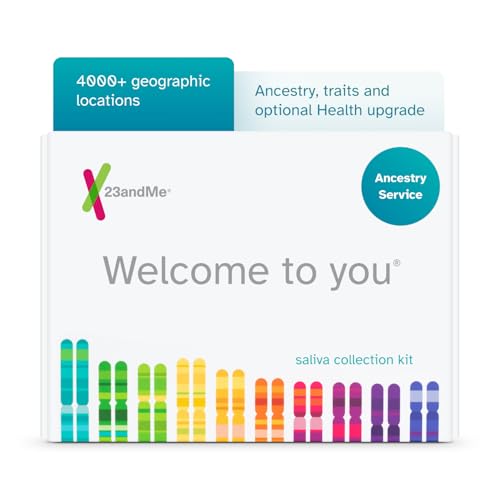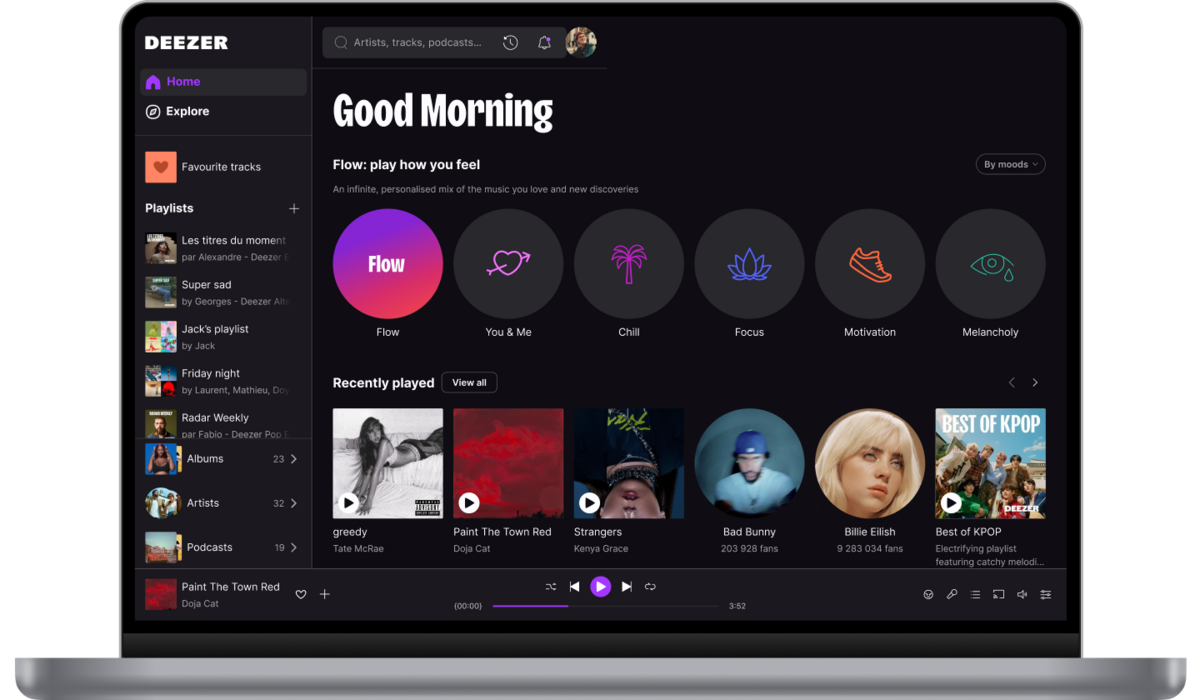Share

A staggering 16 billion login credentials have been exposed in a series of previously unreported data breaches, collectively forming one of the largest data compromises in history.
Discovered by the Cybernews research team, these supermassive datasets, comprising 30 distinct collections ranging from tens of millions to over 3.5 billion records each, pose an “unprecedented” risk to online security.
The exposed data, likely originating from various infostealer malware, credential stuffing sets, and repackaged leaks, contains structured information including URLs, login details, and passwords. This trove of sensitive information grants potential access to virtually any online service imaginable, from major platforms such as Apple, Facebook and Google, to developer portals, VPNs, and even government services.
Researchers emphasize the extreme danger posed by this breach. “This is not just a leak – it’s a blueprint for mass exploitation. With over 16 billion login records exposed, cybercriminals now have unprecedented access to personal credentials that can be used for account takeover, identity theft, and highly targeted phishing,” a Cybernews researcher stated. They highlighted that these are not merely recycled old breaches but “fresh, weaponizable intelligence at scale,” further fuelled by the inclusion of recent infostealer logs, tokens, cookies, and metadata.
While the datasets were only briefly accessible online, the identity of their owners remains unknown, making it difficult to ascertain the exact number of individuals affected or who is controlling this vast amount of data. However, the prevalence of infostealer malware means new massive datasets are emerging every few weeks.
Given the scale of the exposure, basic cybersecurity hygiene is more critical than ever. Users are strongly advised to immediately adopt strong, unique passwords for all their online accounts and to enable multi-factor authentication (MFA) wherever possible.
Organizations, especially those lacking robust MFA or credential hygiene practices, are at heightened risk of phishing campaigns, account takeovers, ransomware intrusions, and business email compromise (BEC) attacks. Users should also regularly review their systems for any signs of infostealer malware to prevent further data loss.
Cybernews
Related Posts
Discover more from Tech Digest
Subscribe to get the latest posts sent to your email.











Leave a Reply